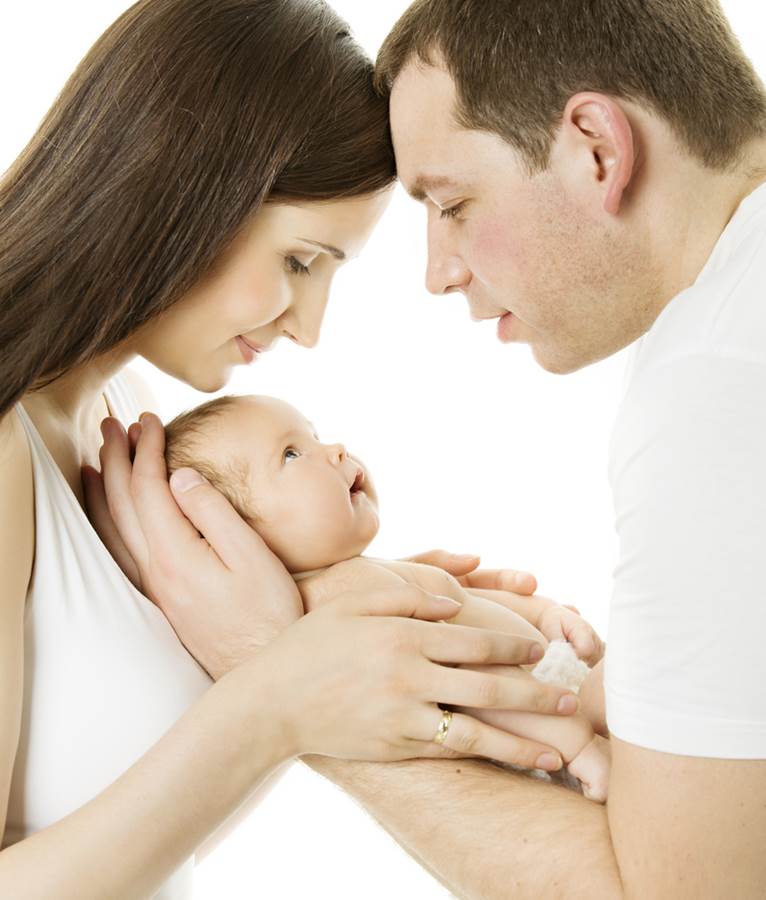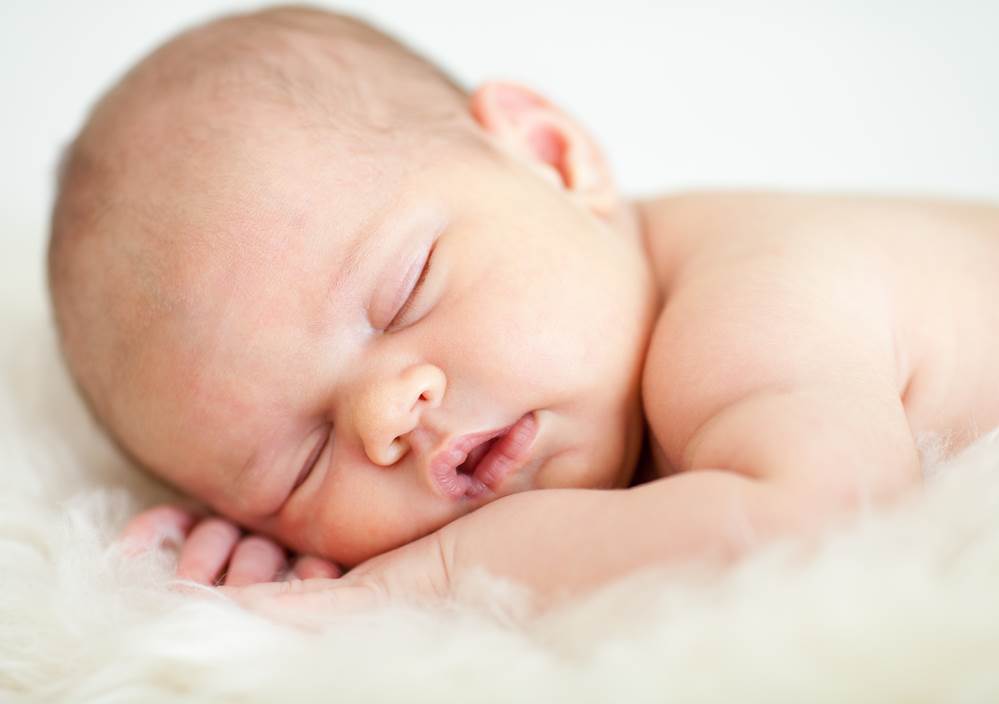Your New Baby: What to Expect in the First Three Months
The next three months will be exciting ones. There are a lot of “firsts” ahead of you! What should you be expecting?

The first three months of your baby’s life may be a blur. The sleep-deprivation involved for parents during the first few months (and sometimes longer) of a newborn’s life is infamous. Feeding your baby may also be challenging. If breastfeeding, some children have a hard time latching, there may be insufficient milk supply, or other issues. If formula feeding, finding the right formula may present some challenges. You may also discover your child is lactose-intolerant and need to find appropriate alternatives.
Head Lifting
In the midst of these challenges, however, you have some special moments to enjoy. During the first month, your baby should be able to lift his or her head for brief periods of time when placed on their stomach. By leaning on the forearms, the majority of babies are able to lift their heads 45 degrees during month three. By their fourth month, most babies are able to lift their heads up to 90 degrees by pushing up with their hands. Many can also hold their heads level.
Baby’s First Smile
Another milestone to which you can look forward is your baby’s first smile. You’ll be told by countless well-meaning friends and relatives, “It’s just gas!” While they are likely right, there are other reasons that your baby may smile. He or she may be falling asleep, or feeling comfortable and content. Your baby may also be peeing, as comical as that may sound. However, you’ll notice a difference when your baby gives his or her first true “social smile” because it will involve their whole face and will often be in response to seeing Mom or Dad! Because babies are near-sighted, this smile will probably occur as you draw close to them and come into focus.

Vocal Communication
Smiling isn’t the only social interaction skill your baby will be likely to display during these first few months. Your newborn will become vocal, not simply crying in response to hunger or discomfort, but in expression and reaction. You can expect to hear sighs, gurgling, and cooing in direct response to the sight of people, pets, toys, and other items from the first six weeks through three months. How can you encourage this development? Try describing what you’re doing as you go about your day together. Describe the sights and sounds around you. You can ask your baby questions and supply the answers. You can also read to your baby. Doing any of these things helps your baby begin to recognize words and sound combinations.
Your Baby’s First Laugh
This step in your baby’s communication development will be a lot of fun to experience: the first laugh. He or she will have been experimenting with their vocal sounds and enjoying witnessing the reactions to them. When your baby is happily rested and fed, you can encourage your little one to laugh with funny faces, crazy dance moves, silly sounds, a kiss on the foot, or blowing raspberries on the stomach. The list of things that could induce your baby to laugh is endless and once he or she starts, they may continue simply because laughing feels good!
Splish Splash
Your baby’s first bath is another joyful moment. While your newborn baby will need a sponge bath until the umbilical cord stump heals, when it is time to move to a baby tub, there is nothing cuter than seeing your little one covered in bubbles and splashing in the bath. Not only does bathing your newborn encourage bonding, but it also soothes fussy babies. Feeling the warm water and warm room, being wrapped in a soft towel… all of these things contribute to helping your baby feel comfortable and safe, and encourages them to fall asleep. Hooded towels are ideal; much of your baby’s body heat will be lost through the head, so keeping it covered helps keep him or her warm longer. Be sure to dry your baby off thoroughly, as water trapped in those adorable rolls can lead to a rash. Slather on some baby-friendly moisturizer and diaper cream if needed before diapering up. After baths, when the tiny fingernails are soft and pliable, is a good time to file or clip so that your little one doesn’t inadvertently scratch themselves.

You’ll want to take a ton of pictures, especially during these first months! If you want a cooperative baby, your little one will need to be rested and well-fed. Feeling comfortable is also very important, so make sure he or she has a clean diaper and isn’t wearing tight clothing or anything too hot. Time your photo shoot for within a half hour of feeding time, and your model should be fairly cooperative! Enjoy every moment, because as everyone will tell you, it goes so fast!
The first three months are crucial for your baby’s development and your confidence as a parent. Trust Entirely Kids Pediatrics to guide you through this journey with expert support.
